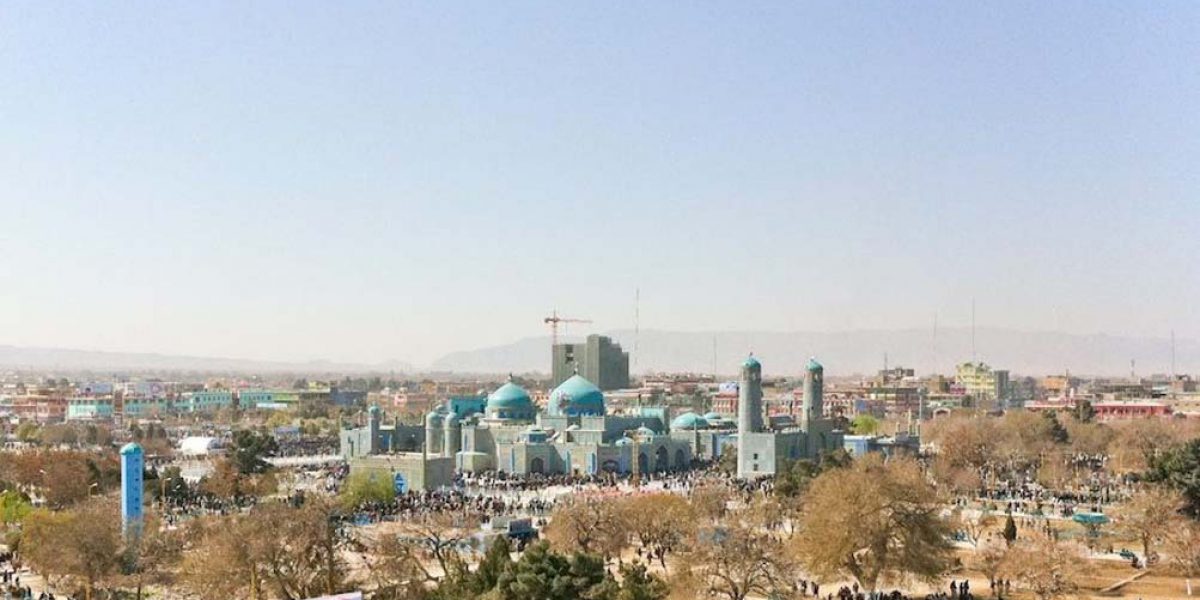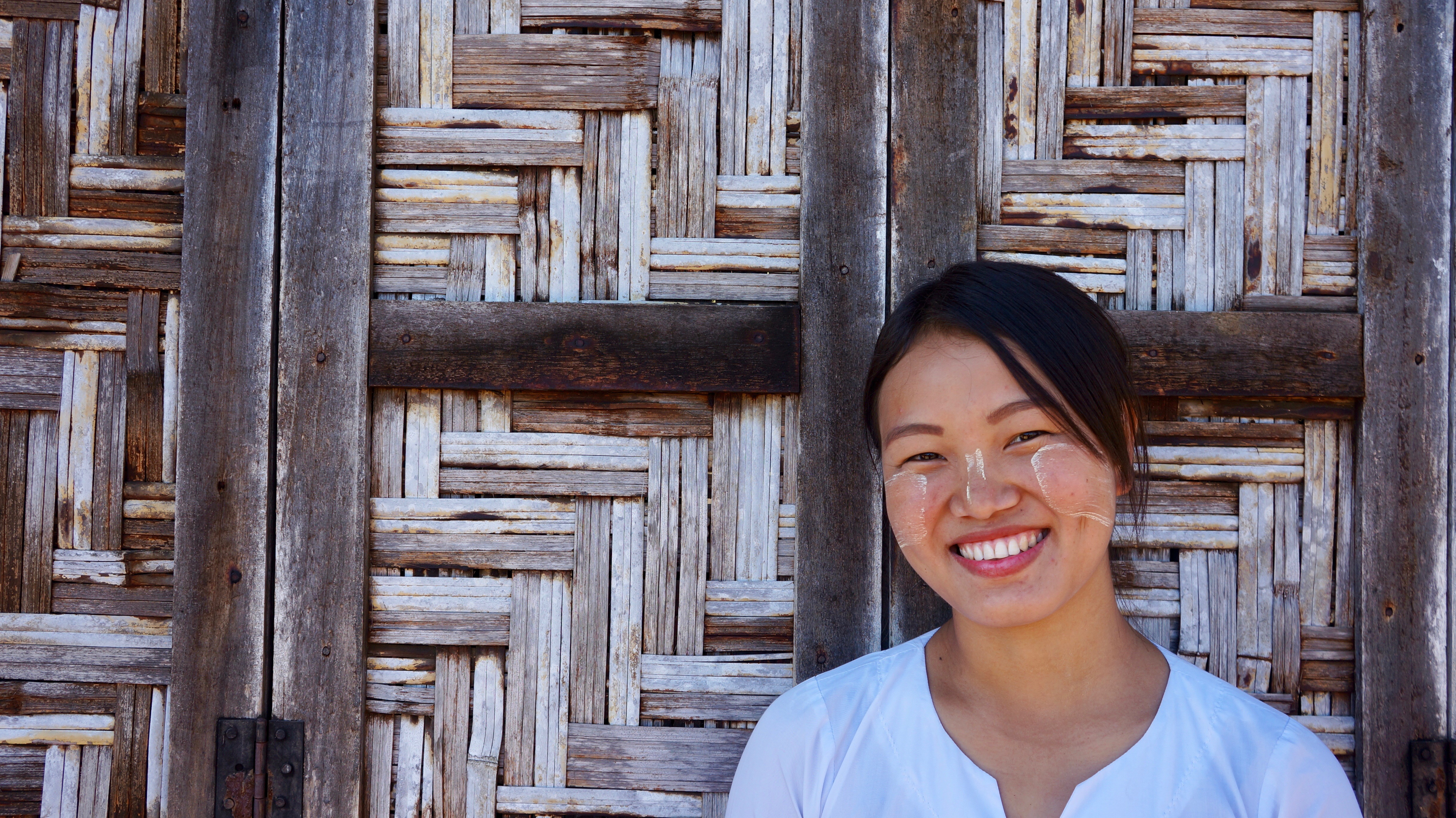Regional Director’s Letter – JRS Anniversary 2013: Rekindling our sharing
14 November 2013|Fr. Bambang A. Sipayung SJ

Bangkok, 14 November 2013 – Amsa, a Jesuit Refugee Service (JRS) Indonesia staff member working in the Immigration Detention Center (IDC) in Pasuruan, East Java, Indonesia recently told me of his experience observing the sharing of Afghan detainees during Nawruz, the Persian New Year celebration. The detainees collected money, and then asked a guard to buy and slaughter a goat. They then shared the mutton with the people both neighbouring with and in the IDC without having any themselves. One of the Afghans said: “For us it is a kind of obedience and sacrifice. This kind of sacrifice was done by sharing with others. It is our custom.” This example struck me because, despite their own suffering, difficulty and confinement in the detention facility, the detainees still acted with such joyful generosity. They celebrated the New Year as a shared joy for all which is freely given.
The example above reminds us of someone who once said that when he has enough money he will start donating to the poor and helping his fellow neighbours. His friend responded by asking him: “And when do you think you will have enough money?”
This type of conversation may operate in the background of current discussions of European immigration policies following the shipwreck in Lampedusa that killed hundreds of asylum seekers. Because of the budget cuts across Europe, there are insufficient funds to respond to the increasing number of refugees and asylum seekers coming to the continent. Stricter immigration policies and more patrols on the sea are seen as a way to address the situation by discouraging the influx of refugees and asylum seekers. Help is not something freely given.
In his analysis of society, Michael Sandel, a Harvard political philosopher, sees our world as a marketplace society where everything is up for sale. War can be sold to the private mercenary as long as the price is right. Country territory is also for sale by naming it a Special Economic Zone. And even state policies can be bought by the highest bidder. In this situation where everything has a price-tag, then generosity, hospitality and compassion may be foreign words that have no basis in current reality.
I imagined that if 33 years ago, Fr. Pedro Arrupe was counting only the cost and financial situation of the Society of Jesus, there might not be a JRS. Fortunately, he started by making compassion the priority principle in responding to the ‘Indochinese boat people’ refugee crisis. His rootedness in the experiences of helping others because of his direct contact with the war and the war victims may suggest his strong will and compassion to respond to these people. He called the Society of Jesus to respond to the situation and to share with these people something that could ease their sufferings. It is really a journey of courage, generosity, compassion, solidarity and faith that moved Fr. Arrupe to call on the Jesuits to face this challenge.
The plight of the people, their stark future, despair and frustration continue to present to us challenges of the current world we live in together. The stricter immigration policies evolving in several countries bring more difficulties and fragmented journeys for refugees and asylum seekers. Meanwhile, transit countries sometimes do not give too much attention to their presence. For some, these displaced people become a market opportunity where they can earn profit. However, while it is quite challenging and sometimes frustrating, there are always lessons of values that we can have through direct accompaniment with the people we serve.
The story above is an important lesson that we need to have during our service with refugees and asylum seekers. It is the source from which we can constantly relay the values that inspired the foundation of JRS. It is the source that often challenges who we are in this service for the suffering people, and what moves us to continue to share our lives with them. And as the JRS anniversary on 14 November also means a new year to come and to celebrate, let us take the examples of the Afghan celebration and lesson of sharing to rekindle heart and commitment of service to refugees, asylum seekers and displaced communities.



